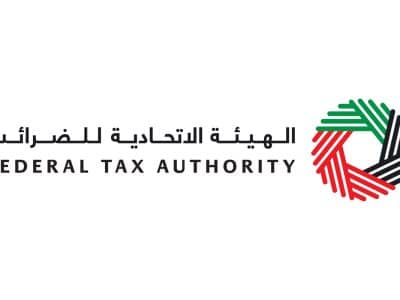As the world becomes increasingly digital, the race is on for countries to keep pace and reap the rewards of the digital economy. For Saudi Arabia, the stakes are high. With a population of 34 million and a rapidly growing youth demographic, the kingdom’s future depends on its ability to create jobs, drive innovation, and attract investment in the digital sector.
But as the government pushes forward with its ambitious Vision 2030 plan to modernise the economy and reduce dependency on oil, it’s becoming clear that a major obstacle stands in the way: the digital skills gap.
The problem is two-fold. On the one hand, there are simply not enough qualified candidates for digital jobs, leaving companies struggling to fill positions. On the other hand, there are not enough digital jobs to begin with, making it difficult for people to build careers in the field.
Saudi Arabia’s digital economy
According to PwC’s ‘Becoming a Digital Disruptor’ report, the digital economy has the potential to contribute over $100 billion to Saudi Arabia’s GDP by 2030 and is expected to create more than 300,000 jobs. With unemployment among Saudi nationals hovering at 9.9 percent, according to the General Authority of Statistics, the need to bridge the digital skills gap and create opportunities for young people has never been more urgent.
Enter the Human Capability Development Progamme (HCDP), a government initiative aimed at empowering Saudi nationals to participate in and benefit from the digital economy. The HCDP is a crucial tool in achieving this; by investing in training and education programmes that focus on digital skills, the country can help ensure that its workforce is equipped to take advantage of the opportunities presented by the digital economy.
As the HCDP gears up to tackle the skills gap, it’s not just the government that’s taking action. The private sector, in particular Saudi banks, are playing a crucial role in driving the country’s digital economy forward. From the big banks to smaller players, these financial institutions are investing heavily in digital initiatives to enhance customer experience, improve operational efficiency and maintain a competitive edge.
To stay current with the ever-evolving digital landscape, the banking industry needs to continue to invest in digital platforms and promote financial inclusion to increase access to financial services and support economic growth. They can also collaborate with fintech companies and government institutions to encourage digital innovation and spur economic growth.
But it’s not just about keeping up with the Joneses. Saudi banks are also using digital platforms to promote financial inclusion, reaching out to underbanked or unbanked citizens and small businesses, and increasing access to financial services. Through this effort, the banking industry are also helping to bridge the digital divide and increase the number of Saudi citizens who can participate in the digital economy.
The World Bank reports that the percentage of adults with a formal account in Saudi Arabia has surged from around 46 percent in 2011 to 74 percent in 2021, thanks to the efforts of banks to promote financial inclusion.
It is clear that addressing the digital skills gap and fostering the participation of Saudi citizens in the digital economy not only holds significant economic benefits, but also has the potential to bring about transformative changes to society. It can help increase Saudisation rates in the job market and decrease unemployment, leading to a more prosperous and stable society.
Furthermore, the digital economy also has the potential to improve the quality of life for Saudi citizens by providing access to more efficient and convenient services, such as e-government, e-health and e-education. This can help increase the level of trust in the government and create more engaged and informed citizens.
The government, private sector, and banks have all recognised the importance of the digital economy and have been taking steps to close the digital skills gap and empower Saudi citizens to participate in and benefit from the digital economy.

However, it’s important that this is a continuous process, which requires constant effort and adaptation to keep up with the ever-changing digital landscape. The collaboration between the government and the private sector is crucial in order to achieve this goal and is key to unlocking the potential of Saudi Arabia’s digital dream. This will help increase the level of digital literacy and skills among the workforce and improve the overall competitiveness of the country.
As the digital economy continues to shape our world, it’s clear that the future belongs to those who can navigate it. Saudi Arabia has a unique opportunity to leverage the power of the digital economy to drive economic growth and social transformation. By addressing the digital skills gap and empowering its citizens, one thing is clear: the future of Saudi Arabia depends on its ability to harness the power of the digital economy. And with the right investments in training, education and digital infrastructure, that future looks brighter than ever.









